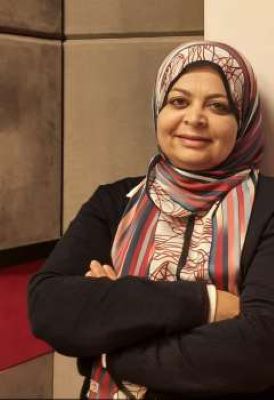The war is expensive. How much bang can the Ukrainians get for their American bucks? The Ukrainians were literally running out of bullets to hold back the Russian steamroller.
By Tom Arms
The $61 billion in in military aid that the US Congress voted for Ukraine this week is in the nick of time. The Ukrainians were literally running out of bullets to hold back the Russian steamroller.
But war is expensive. How much bang can the Ukrainians get for their American bucks?
Let’s start with the workhorse of the battlefield—the humble 155 mm artillery shell and the Howitzers that fire them. For the past few months a steady stream of shells from North Korean and Russian munitions factories has meant that the Russians have been lobbing five times as many shells into the Ukrainian frontline than the Ukrainians have into the Russian.
It has been working. The Russians have gradually pushed forward all the way along the 620-mile front and have captured the town of Aadvika. But the release of the American aid means that the Ukrainians can now start firing back at an anticipated rate of 8,000 shells a day.
Each basic 155mm shell costs $3,000. The all-singing, all dancing precision-guided variety can set you back as much as $130,000 a shell. The Anglo-American built howitzer that fires them costs $4 million.
Ukraine has been pressing for fighter aircraft because they can be used to defend against the increasing and crippling Russian attacks on the country’s infrastructure
The howitzers have a range of up to 20 miles, which puts them near the front and in harm’s way. The popular HIMARS (the acronym for America’s High Mobility Artillery Rocket System) is deadly accurate up to 186 miles. This means its mobile launcher (cost $20 million each) can be fired from relative safety. But make each shot count. The missiles cost $434,000 each.
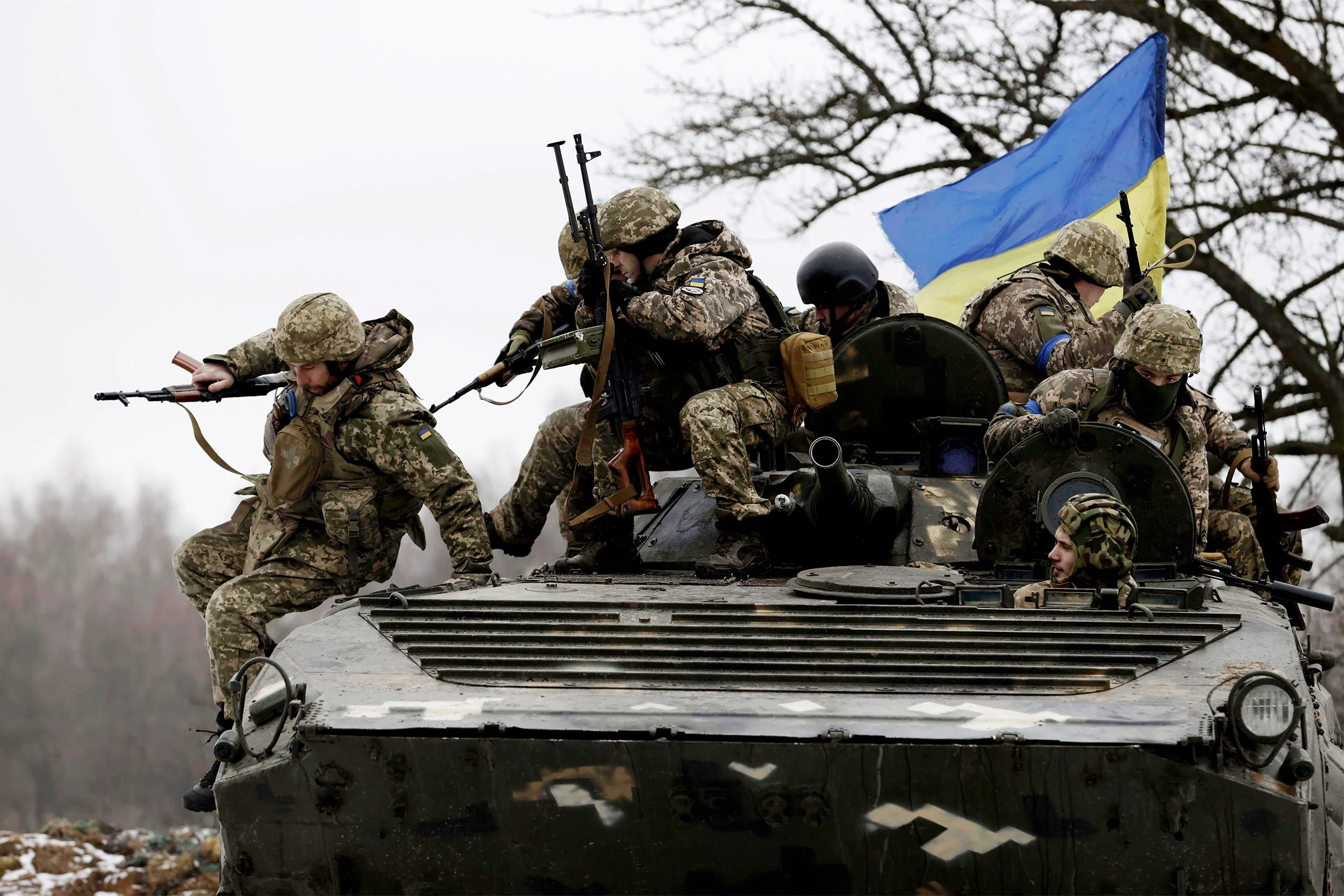 NATO has been reluctant to provide F-16 fighter jets (price $50 million plus approximately $4 million for each air-launched cruise missile). But the Americans have given the Ukrainians thousands of Avevex Phoenix ghost drones at $60,000 a drone. These can be used for reconnaissance or to carry a high explosive on suicide missions.
NATO has been reluctant to provide F-16 fighter jets (price $50 million plus approximately $4 million for each air-launched cruise missile). But the Americans have given the Ukrainians thousands of Avevex Phoenix ghost drones at $60,000 a drone. These can be used for reconnaissance or to carry a high explosive on suicide missions.
Ukraine has been pressing for fighter aircraft because they can be used to defend against the increasing and crippling Russian attacks on the country’s infrastructure. But there are other means, including: the Patriot missile defense system and the shoulder-launched Stinger missiles.
The former is a complex and box-like missile system which can detect, track and destroy missiles, drones, and planes. It is a powerful air defense weapon and the price tag proves it– $1.09 billion for the unit and $4 million for each missile fired. Worldwide, there are 250 launchers in 18 countries, including Ukraine. The Patriot ground to air missile system has many billions of dollars for its American manufacturer Raytheon Missile and Defense.
The Patriot missiles have a range of 60 miles and are mounted on a specially-built lorry so that they can be constantly moved. They are therefore difficult for the enemy to locate and destroy. The shoulder-launched Stinger is an anti-aircraft ground to air battlefield weapon. It has a range of two to three miles and is effective against helicopters and attack drones.
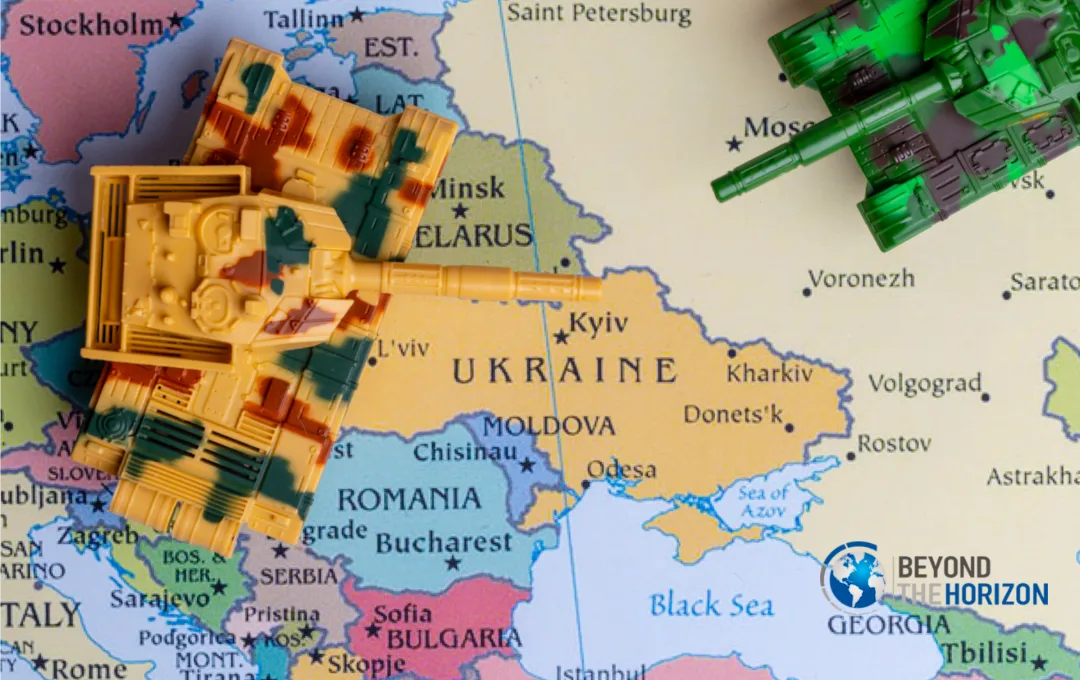 The war in the skies is important, as are the naval battles in the Black Sea. But in the end wars are won by boots on the ground and leading the men wearing the boots are tanks. The Russians have on the one hand enjoyed a clear superiority in tank numbers, but they have also suffered severe losses. At the end of February, the London-based International Institute for Strategic Studies, estimated that Moscow had lost 8,800 tanks and armoured vehicles. Almost all of them were destroyed by shoulder-held Javelin anti-tank weapons. A Javelin launcher costs $200,000 and each missile is $400.
The war in the skies is important, as are the naval battles in the Black Sea. But in the end wars are won by boots on the ground and leading the men wearing the boots are tanks. The Russians have on the one hand enjoyed a clear superiority in tank numbers, but they have also suffered severe losses. At the end of February, the London-based International Institute for Strategic Studies, estimated that Moscow had lost 8,800 tanks and armoured vehicles. Almost all of them were destroyed by shoulder-held Javelin anti-tank weapons. A Javelin launcher costs $200,000 and each missile is $400.
One of the main reasons that Moscow lost the Cold War was Mikhail Gorbachev’s failure to improve Soviet living standards while at the same time matching the US on defense spending
The Ukrainian tank force is much smaller and President Zelensky would love to obtain more American M1 tanks, German Leopard and British Challengers. The problem is that the NATO countries do not have a large stock of tanks, plus it takes time to build the tanks and they lag behind Moscow in their armaments industries. A tank will set you back roughly $20 million.
Putin has increased defence spending to 7.5 percent of GDP. The factories are turning out more than 1,500 tanks a year. Russia’s shell production is 5 million a year and another million are being provided by North Korea. In the past year, 520,000 new jobs have been created in the Russian defense industries and the armaments factories are operating 24 hours a day. 3.5 million Russians are currently employed in the death business and the Russian military-industrial complex is on the verge of overtaking the energy industry as Russia’s prime economic growth engine.
One of the main reasons that Moscow lost the Cold War was Mikhail Gorbachev’s failure to improve Soviet living standards while at the same time matching the US on defense spending. President Ronald Reagan exploited America’s greater economic resilience by increasing US defense spending from 4.94 percent in 1978 to 6.63 percent of GDP in 1986. But in 1980, the public was inured to increased defence spending by 30-odd Cold War years. Now we have had 30-odd years of peace dividend and the move from welfare to warfare state will be a difficult pill for democracies to swallow.
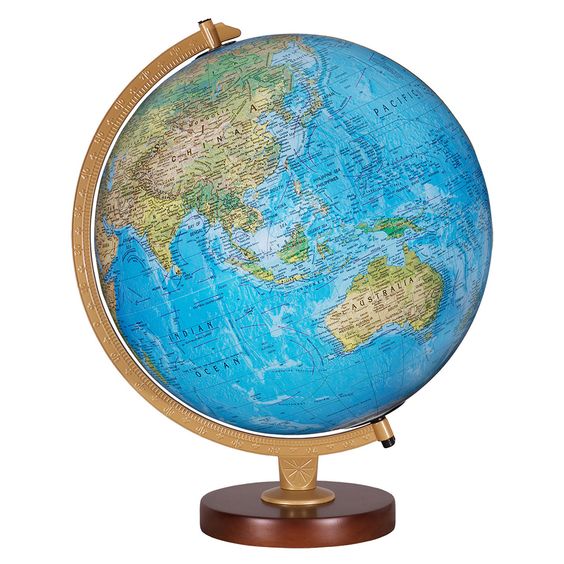 World Review
World Review
Here’s the problem facing the US Supreme Court: Should US presidents—in and out of office—have total or partial immunity from criminal prosecution for acts they committed while in the Oval Office?
Or does the failure to provide this blanket immunity expose past presidents to political vendettas by their successors or other political opponents?
Or would Donald Trump’s appeal for blanket immunity—in the words of Justice Elena Kagan—“turn the Oval Office into a sea of criminality.”
This week the Justices heard oral arguments from lawyers representing Trump on one side and Special Prosecutor Jack Smith on the other. The latter is attempting to bring the former president to trial for his role in the 6 January Capitol Hill riots.
The Justices will now go away and ponder the arguments and issue a decision several weeks from now. Court-watchers are split on what the decision is likely to be. Quite often one can determine the outcome from the questions the Justices ask. Not so, this time as the Justices are painfully aware of the impact of their decision on the actions of future presidents as well as those of Donald Jesus Trump.
Many observers think the Supreme Court will issue a split decision. This would please the Trump team as it would mean referral back to the lower courts and delay, delay, delay.
As the Justices ponder, they may consider the words of pamphleteer Thomas Paine, whose 1776 “Common Sense” had a major impact on the American War of Independence and the constitution which the Justices are sworn to protect. “Where,” wrote Paine, “is the King of America? In America the law is king. For as in absolute governments the King is law, so in free countries the law ought to be king; and there ought to be no other.”
_____________________________________
The British government has declared itself the final arbiter of reality. It has decreed that if it says that a country is safe then it is safe, regardless of whether it is or not.
Most everyone–except for the government of Rishi Sunak– agrees that Rwanda is not safe. Freedom House judges it as “not free”. Human Rights Watch says that protesting refugees have been fired on by Rwandan police. Others have simply disappeared. The Rwandan government is supporting the M23, a violent faction in the Democratic Republic of the Congo which has been accused of war crimes.
For all of these reasons—and others—the UK Supreme Court in November ruled that the Sunak’s plans to send asylum seekers to Rwanda was “unlawful” because Rwanda is not a safe country.
So the government passed a bill which decreed that Rwanda is safe and the UK Supreme Court cannot say otherwise if the UK government say it is. A clear blow to the traditional independence of the British judiciary and its much vaunted respect for the rule of law.
Fortunately the legal story has not ended. The Rwanda Bill is expected to face more legal challenges. The first is based on Britain’s Refugee Act. The next one could be related to the International Refugee Convention which commits its signatories—of which Britain is one—to provide refuge to those in need.
There is also the Convention Against Torture which prohibits the return of any individuals (including refugees) to countries where there is a risk of torture or inhumane treatment. Finally, some human rights lawyers think that there are gaps in the recently passed Rwanda Bill.
In danger is not just human lives. The independence of Britain’s judiciary and the rule of law is also under threat. These have been at the core of the British political system for centuries. Britain, in fact, has been responsible for exporting these values around the world. That it is now undermining them is an ultimate sad irony.
______________________________________
China is up in the see-saw politics of the tropical Indian Ocean paradise of the Maldives.
Normally the 500,000 residents of the low-lying archipelago of 1,192 sun-soaked coral-reef islands are more absorbed with mixing mai-tais for wealthy tourists. Or, if they want something to worry about, rising sea levels.
This week, however, their focus shifted to regional super power politics as the Maldivian electorate voted overwhelmingly to oust a vehemently pro-Indian government for a passionately pro-Chinese administration.
China and India have for decades competed for control and influence in the Indian Ocean and Arabian Sea. India because it is that country’s maritime backyard. China because it is an important link in the sea route that carries oil to China and its manufactured goods to Europe. The Maldives straddles both the equator and those sea lanes.
To protect what they perceive as their vital strategic interests, both countries have lavished billions of dollars on schools, hospitals, roads, airports and defence projects in an effort to win friends and influence voters. They have also assiduously courted the islands’ politicians who have predictably divided into a pro-Chinese camp (The People’s National Congress or PNC) and the pro-Indian camp (The Maldivian Democratic Party or MDP).
The PNC’s leader, Mohammed Muizzi, won the presidency in September. But his attempts to move the Maldives away from India and towards China were blocked by an MDP-controlled parliament. All that changed this week when the PNC won a super-majority of 66 out of 86 seats in parliamentary elections.
President Muizzi’s first post-parliamentary election act was to announce the immediate expulsion of an Indian team of pilots and technicians who had been providing air and maritime security for the islands. India, said Muizzi, is “a bully.” China, the president added, would replace India with “free military assistance.” Muizzi also announced the award of several infrastructure projects to Chinese companies and the arrival of 12 Chinese-built ambulances.
The shift to Beijing is unlikely to be the end of the story. The pro-Chinese faction were also in power from 2013 to 2018 when they joined the Belt/Road Initiative and signed a free trade deal with China. Then the MDP claimed that the government was leading the Maldives into a Chinese “debt trap.” The result was that from 2018-2024 the pro-Indian faction took command and the security deal was signed with Delhi. In most countries, foreign policy is a distant also-ran in elections. In the Maldives it is the only-ran.
________________________
 Tom Arms is foreign editor of Liberal Democratic Voice and the author of the “The Encyclopaedia of the Cold War” and “America Made in Britain.”
Tom Arms is foreign editor of Liberal Democratic Voice and the author of the “The Encyclopaedia of the Cold War” and “America Made in Britain.”
 Addressing the rally, labor leaders said that the basic motive of the First May movement was to get determined working hours, raise in wages and realization of the right of making labor unions. They said that though 138 years have already passed to this great resistance movement but billions of workers in the world are still struggling for their basic rights. The working class has always took an active part in movements against the military governments but the so-called democratic governments have always failed to give them their legal due rights, they said.
Addressing the rally, labor leaders said that the basic motive of the First May movement was to get determined working hours, raise in wages and realization of the right of making labor unions. They said that though 138 years have already passed to this great resistance movement but billions of workers in the world are still struggling for their basic rights. The working class has always took an active part in movements against the military governments but the so-called democratic governments have always failed to give them their legal due rights, they said.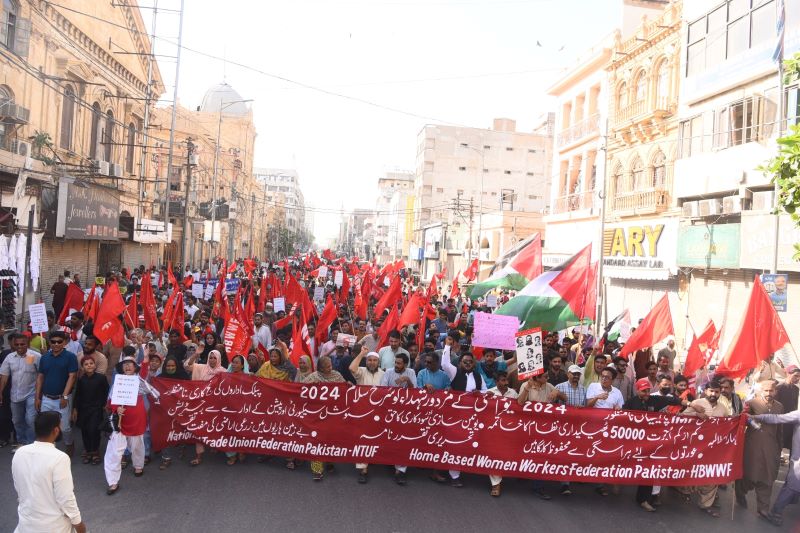 The rally demand that: Minimum wage should be fixed at Rs50000 per month. Instead of the minimum wage, the workers should be given a living wage. All workers including home-based workers should be registered with the social security institutions. Wrkplaces should be made free from harassment. Labor laws should be implemented in factories and workplaces. Wages should be paid through bank accounts. The right to form trade unions should be given to workers. Contract labor system should be banned, making it a crime. Every citizen should be given healthcare, education, and housing facilities. A proper public transport system should be established. The privatization process should be stopped. All non-productive expenses should be slashed by half. Agricultural reforms should be introduced in the country. All idle lands should be distributed among the Hari families free of cost. Workers should be given the right of trade unions and CBAs. All workers should be given appointment letters. Forced disappearances should be ended and the missing people should be recovered. All anti-environment projects should be stopped. Actions should be taken to combat the dangers of climate change. ILO should share the secret agreement made with the insurance company without consulting with the Victims’ representative. State subsidies should be restored on Food, medicine, and transport.
The rally demand that: Minimum wage should be fixed at Rs50000 per month. Instead of the minimum wage, the workers should be given a living wage. All workers including home-based workers should be registered with the social security institutions. Wrkplaces should be made free from harassment. Labor laws should be implemented in factories and workplaces. Wages should be paid through bank accounts. The right to form trade unions should be given to workers. Contract labor system should be banned, making it a crime. Every citizen should be given healthcare, education, and housing facilities. A proper public transport system should be established. The privatization process should be stopped. All non-productive expenses should be slashed by half. Agricultural reforms should be introduced in the country. All idle lands should be distributed among the Hari families free of cost. Workers should be given the right of trade unions and CBAs. All workers should be given appointment letters. Forced disappearances should be ended and the missing people should be recovered. All anti-environment projects should be stopped. Actions should be taken to combat the dangers of climate change. ILO should share the secret agreement made with the insurance company without consulting with the Victims’ representative. State subsidies should be restored on Food, medicine, and transport.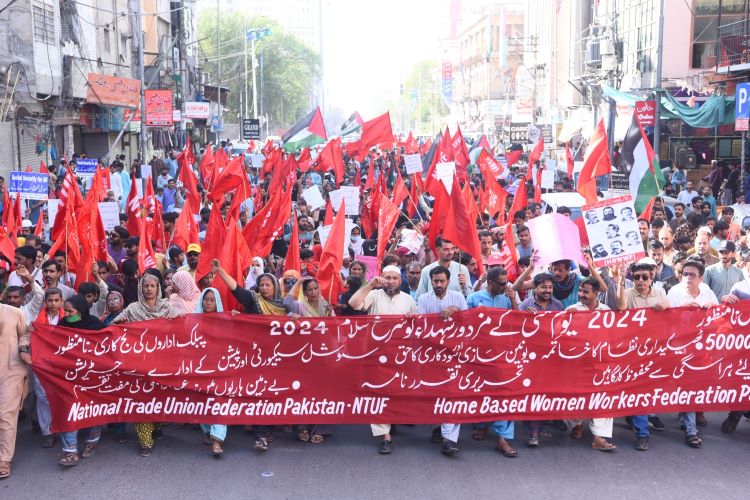
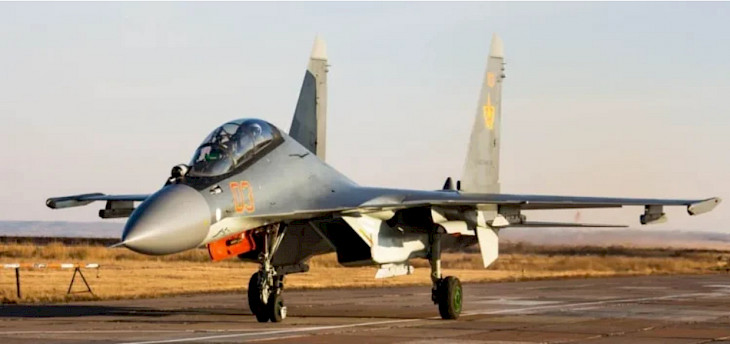

 Hajjaj stares at the entrance, supplicating to Allah, a very important moment in his life. There is only a curtain between the present and the future, which when removed reveals the stage of the future play before him. From here a new direction in the history of Islam will be determined. The torch is burning on by the wall of the room, the entrance to this room looks very dark in the light-dark environment of the torch, and from there the marching of shoes is slowly approaching towards this room. Hajjaj keeps gazing at the approach, the sound of roaring Makran Sea seems as if a terrible vortex has appeared in the womb of time, resulting in the beginning of a new era on earth. The oscillation of waves of the sea and his heartbeat are synonymous today. Finally the messenger came and entered the room. He has arrived dressed in black, his face covered with a black cloth, so he could not read his body language, the messenger greeted him and began to read Dahir’s message. Hearing this message, Hajjaj’s face became bloody, his eyes started to glow, he was eagerly waiting for such an opportunity. That day, sitting in the light-dark environment of Makran, he started writing letter to the Khalifa. He wrote a letter to the Caliph, ‘that King Dahir of Sindh has imprisoned and been torturing the followers of Allah, if Sindh is not attacked at this moment, it is an insult to Islam. Our only duty is to save the followers of Allah. Waiting for your permission.’
Hajjaj stares at the entrance, supplicating to Allah, a very important moment in his life. There is only a curtain between the present and the future, which when removed reveals the stage of the future play before him. From here a new direction in the history of Islam will be determined. The torch is burning on by the wall of the room, the entrance to this room looks very dark in the light-dark environment of the torch, and from there the marching of shoes is slowly approaching towards this room. Hajjaj keeps gazing at the approach, the sound of roaring Makran Sea seems as if a terrible vortex has appeared in the womb of time, resulting in the beginning of a new era on earth. The oscillation of waves of the sea and his heartbeat are synonymous today. Finally the messenger came and entered the room. He has arrived dressed in black, his face covered with a black cloth, so he could not read his body language, the messenger greeted him and began to read Dahir’s message. Hearing this message, Hajjaj’s face became bloody, his eyes started to glow, he was eagerly waiting for such an opportunity. That day, sitting in the light-dark environment of Makran, he started writing letter to the Khalifa. He wrote a letter to the Caliph, ‘that King Dahir of Sindh has imprisoned and been torturing the followers of Allah, if Sindh is not attacked at this moment, it is an insult to Islam. Our only duty is to save the followers of Allah. Waiting for your permission.’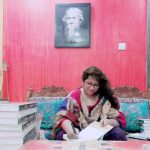 Debasree Chakraborti is a renowned novel writer of Bengali language. Based in Kolkata, West Bengal, India, she has done Master’s in Modern History from the Kolkata University, and authored some thirty books, mostly the novels, with historical perspective and themes. Her most recent novel is ‘Maharaja Dahir’ that covers the history of Sindh from 662, the year of first attack on Sindh by the Arab armies till date.
Debasree Chakraborti is a renowned novel writer of Bengali language. Based in Kolkata, West Bengal, India, she has done Master’s in Modern History from the Kolkata University, and authored some thirty books, mostly the novels, with historical perspective and themes. Her most recent novel is ‘Maharaja Dahir’ that covers the history of Sindh from 662, the year of first attack on Sindh by the Arab armies till date.  Rajesh Giri, born in Kolkata, had his early schooling from Kolkata and then from Medinipur—a village in Bengal. He graduated from Calcutta University with Physics and Maths and Master’s from Burdwan University in 2016. Now he is associated with Adhdhyaan educational institution teaching Physics. History enthusiastic Rajesh Giri is particularly interested in the ancient civilization of India and other regions like Egypt, Mesopotamia, and North America. He loves traveling.
Rajesh Giri, born in Kolkata, had his early schooling from Kolkata and then from Medinipur—a village in Bengal. He graduated from Calcutta University with Physics and Maths and Master’s from Burdwan University in 2016. Now he is associated with Adhdhyaan educational institution teaching Physics. History enthusiastic Rajesh Giri is particularly interested in the ancient civilization of India and other regions like Egypt, Mesopotamia, and North America. He loves traveling. 
 The tall claims that poetry is a spontaneous overflow of powerful feeling approximate the creation of poetry, the conditions under which poetry is created, and here too, the word ‘spontaneous’ underlines the fact that it is not in the conscious domain. Nobody can force a poem out of the ribs of a poet.
The tall claims that poetry is a spontaneous overflow of powerful feeling approximate the creation of poetry, the conditions under which poetry is created, and here too, the word ‘spontaneous’ underlines the fact that it is not in the conscious domain. Nobody can force a poem out of the ribs of a poet.
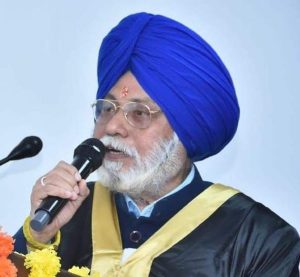 Dr. Jernail Singh Anand, President of the International Academy of Ethics, is author of 161 books in English poetry, fiction, non-fiction, philosophy and spirituality. He was awarded Charter of Morava, the great Award by Serbian Writers Association, Belgrade and his name was engraved on the Poets’ Rock in Serbia. The Academy of Arts and philosophical Sciences of Bari [Italy] honored him with the award of an Honorable Academic. Recently, he was awarded Doctor of Philosophy [Honoris Causa] by the University of Engineering and Management, Jaipur. Recently, he organized an International Conference on Contemporary Ethics at Chandigarh. His most phenomenal book is Lustus: The Prince of Darkness [first epic of the Mahkaal Trilogy]. Email: anandjs55@yahoo.com
Dr. Jernail Singh Anand, President of the International Academy of Ethics, is author of 161 books in English poetry, fiction, non-fiction, philosophy and spirituality. He was awarded Charter of Morava, the great Award by Serbian Writers Association, Belgrade and his name was engraved on the Poets’ Rock in Serbia. The Academy of Arts and philosophical Sciences of Bari [Italy] honored him with the award of an Honorable Academic. Recently, he was awarded Doctor of Philosophy [Honoris Causa] by the University of Engineering and Management, Jaipur. Recently, he organized an International Conference on Contemporary Ethics at Chandigarh. His most phenomenal book is Lustus: The Prince of Darkness [first epic of the Mahkaal Trilogy]. Email: anandjs55@yahoo.com 
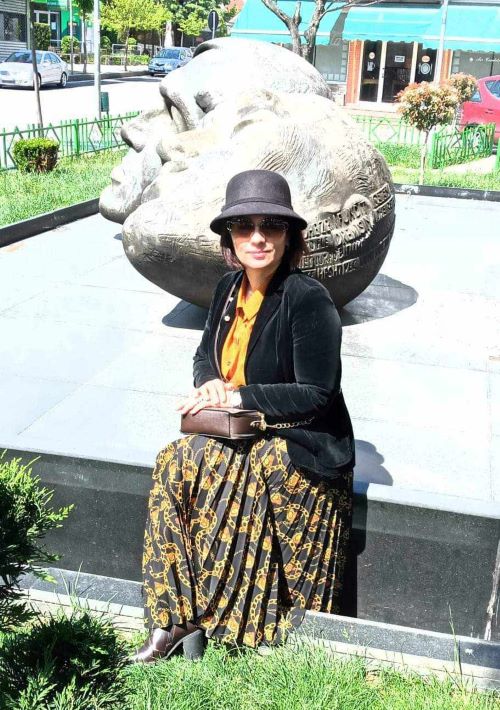 To be different, where everyone is the same, we notice as we talk to the artist Bardha Alimeta, who is willing not to reject us. From the beginning of the conversation she welcomes us and the smile doesn’t go away from her face. Speaking of this artist, you don’t know where to start, as the artist says. We’ll talk about this multi-size woman.
To be different, where everyone is the same, we notice as we talk to the artist Bardha Alimeta, who is willing not to reject us. From the beginning of the conversation she welcomes us and the smile doesn’t go away from her face. Speaking of this artist, you don’t know where to start, as the artist says. We’ll talk about this multi-size woman. She writes and paints simultaneously and also runs the Palace of Culture “Sadi Halili” in The Lycea for two years. White talks passionately about everything. The work she is entrusted with is an early wish and she first-timed it. White comes from a simple bookshop family and never left her country. The art of it is breath. White “plays” with colors and words. She combines her art so beautifully that it makes her different from the others. In her paintings, the colors of the nostalgic soul of sad and loving soul appear. The same goes the magic of her lyrical verses. Prose short is also a magic of the Soul of White, which squeezes the thought to bring it focused and with clear messages to the reader. Love and pain are the main pillars where the simple but beautiful and varied art of the artist Bardha Alimeta is based. Besides her talent, she is a very positive and hardworking woman in her social life.
She writes and paints simultaneously and also runs the Palace of Culture “Sadi Halili” in The Lycea for two years. White talks passionately about everything. The work she is entrusted with is an early wish and she first-timed it. White comes from a simple bookshop family and never left her country. The art of it is breath. White “plays” with colors and words. She combines her art so beautifully that it makes her different from the others. In her paintings, the colors of the nostalgic soul of sad and loving soul appear. The same goes the magic of her lyrical verses. Prose short is also a magic of the Soul of White, which squeezes the thought to bring it focused and with clear messages to the reader. Love and pain are the main pillars where the simple but beautiful and varied art of the artist Bardha Alimeta is based. Besides her talent, she is a very positive and hardworking woman in her social life.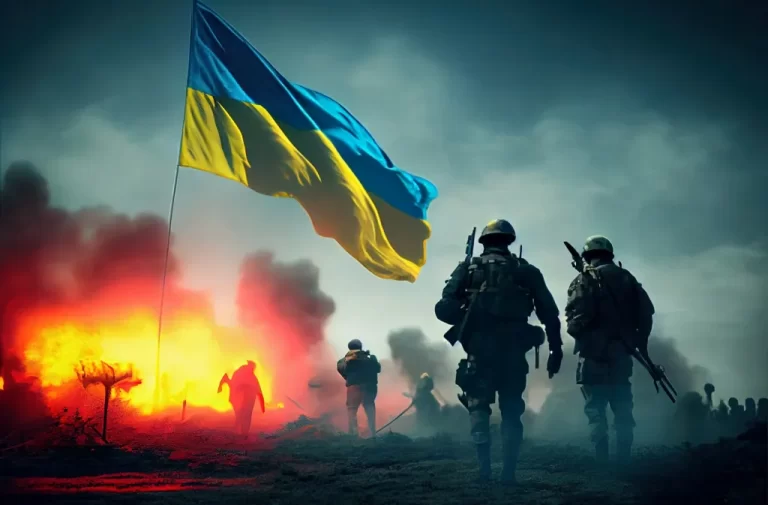
 NATO has been reluctant to provide F-16 fighter jets (price $50 million plus approximately $4 million for each air-launched cruise missile). But the Americans have given the Ukrainians thousands of Avevex Phoenix ghost drones at $60,000 a drone. These can be used for reconnaissance or to carry a high explosive on suicide missions.
NATO has been reluctant to provide F-16 fighter jets (price $50 million plus approximately $4 million for each air-launched cruise missile). But the Americans have given the Ukrainians thousands of Avevex Phoenix ghost drones at $60,000 a drone. These can be used for reconnaissance or to carry a high explosive on suicide missions. The war in the skies is important, as are the naval battles in the Black Sea. But in the end wars are won by boots on the ground and leading the men wearing the boots are tanks. The Russians have on the one hand enjoyed a clear superiority in tank numbers, but they have also suffered severe losses. At the end of February, the London-based International Institute for Strategic Studies, estimated that Moscow had lost 8,800 tanks and armoured vehicles. Almost all of them were destroyed by shoulder-held Javelin anti-tank weapons. A Javelin launcher costs $200,000 and each missile is $400.
The war in the skies is important, as are the naval battles in the Black Sea. But in the end wars are won by boots on the ground and leading the men wearing the boots are tanks. The Russians have on the one hand enjoyed a clear superiority in tank numbers, but they have also suffered severe losses. At the end of February, the London-based International Institute for Strategic Studies, estimated that Moscow had lost 8,800 tanks and armoured vehicles. Almost all of them were destroyed by shoulder-held Javelin anti-tank weapons. A Javelin launcher costs $200,000 and each missile is $400. World Review
World Review Tom Arms is foreign editor of Liberal Democratic Voice and the author of the “The Encyclopaedia of the Cold War” and “America Made in Britain.”
Tom Arms is foreign editor of Liberal Democratic Voice and the author of the “The Encyclopaedia of the Cold War” and “America Made in Britain.”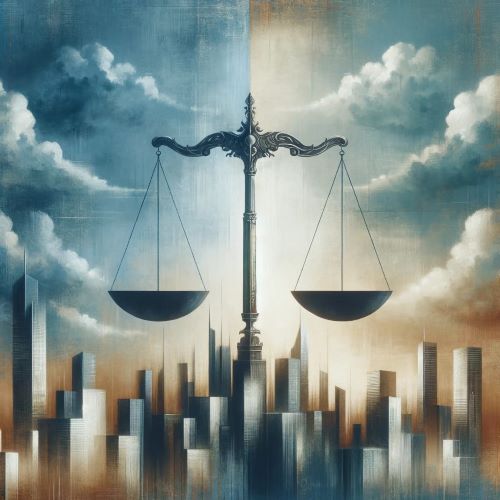
 How we attain this balance is the central issue of this article. One important thing is: sometimes we feel like having tea. Sometimes, we feel a strong wish to have coffee. There are people who find themselves in dire need of a cigarette. Sometimes, you feel like going for a walk. What about your desire to talk to a particular friend. There are moments when you want to have sugarcane juice. Sometimes, you feel like having grapes.
How we attain this balance is the central issue of this article. One important thing is: sometimes we feel like having tea. Sometimes, we feel a strong wish to have coffee. There are people who find themselves in dire need of a cigarette. Sometimes, you feel like going for a walk. What about your desire to talk to a particular friend. There are moments when you want to have sugarcane juice. Sometimes, you feel like having grapes.